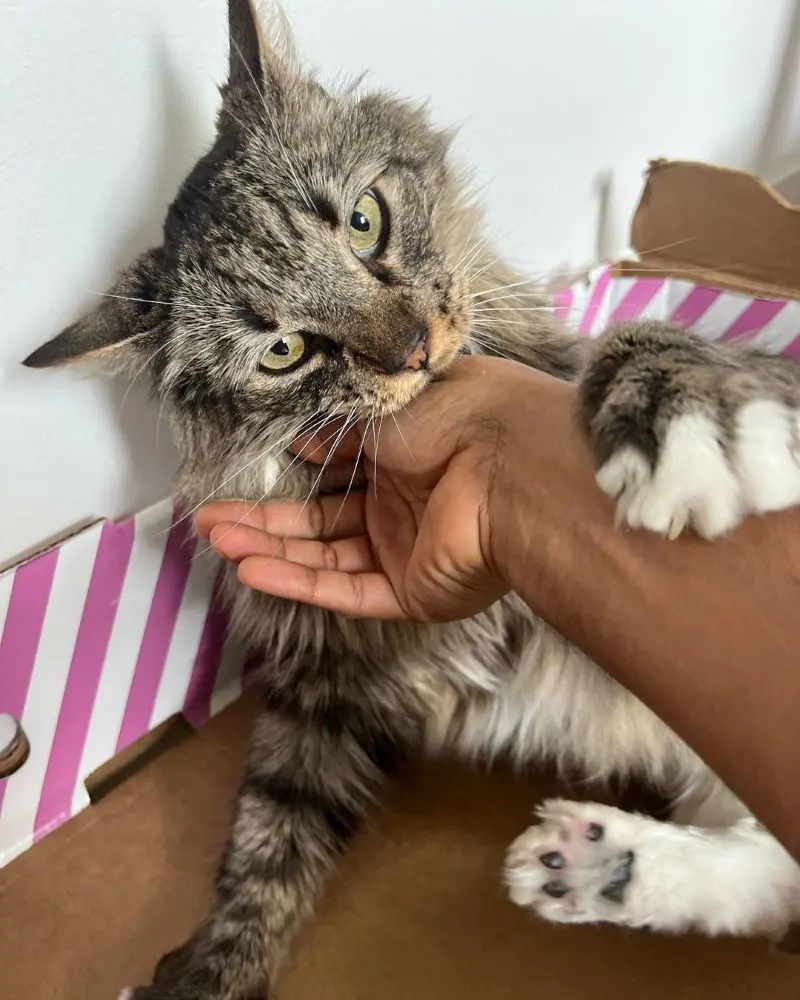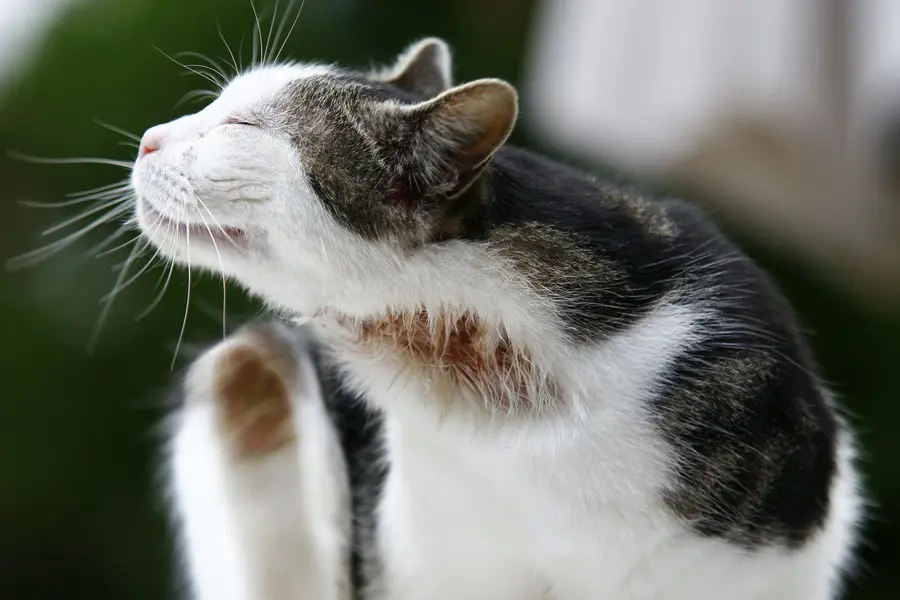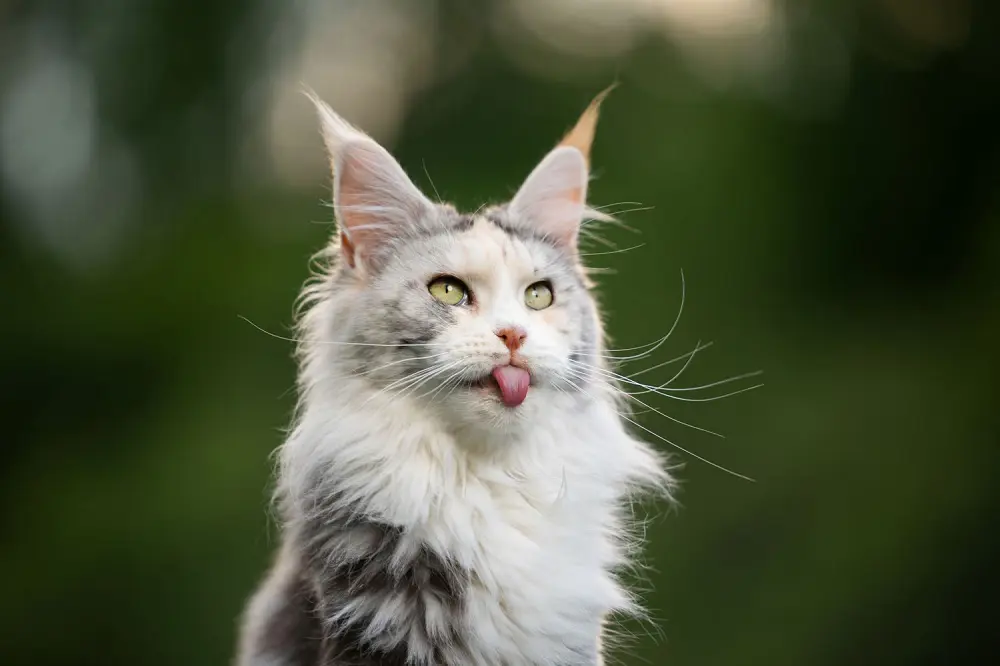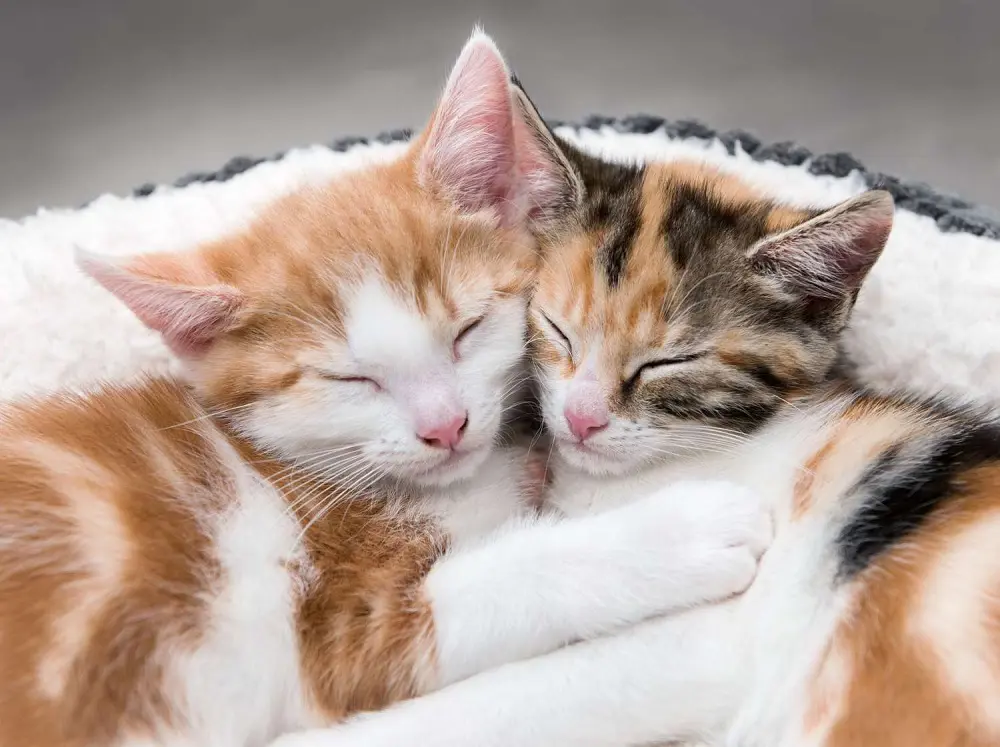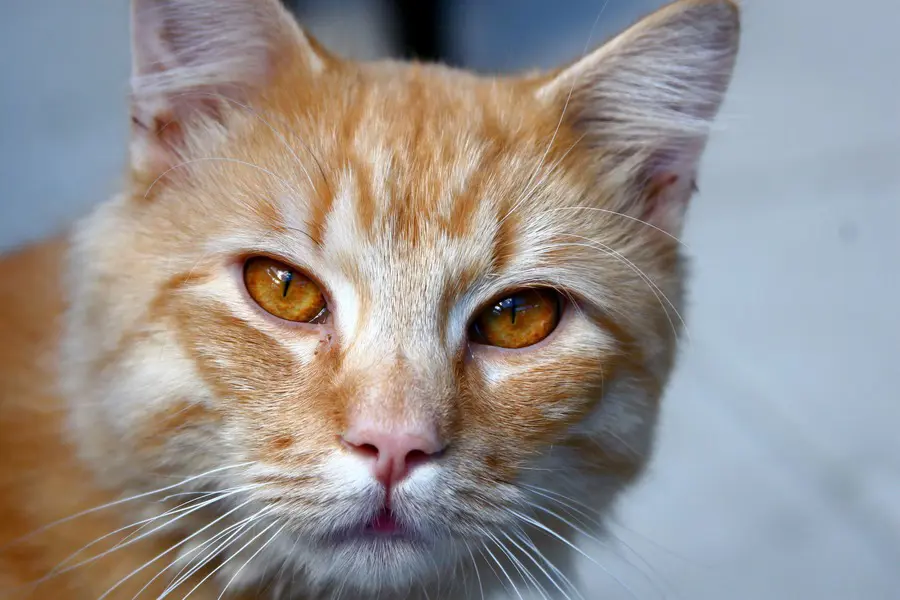18 Reasons Why Is My Cat Hiding: When To Worry
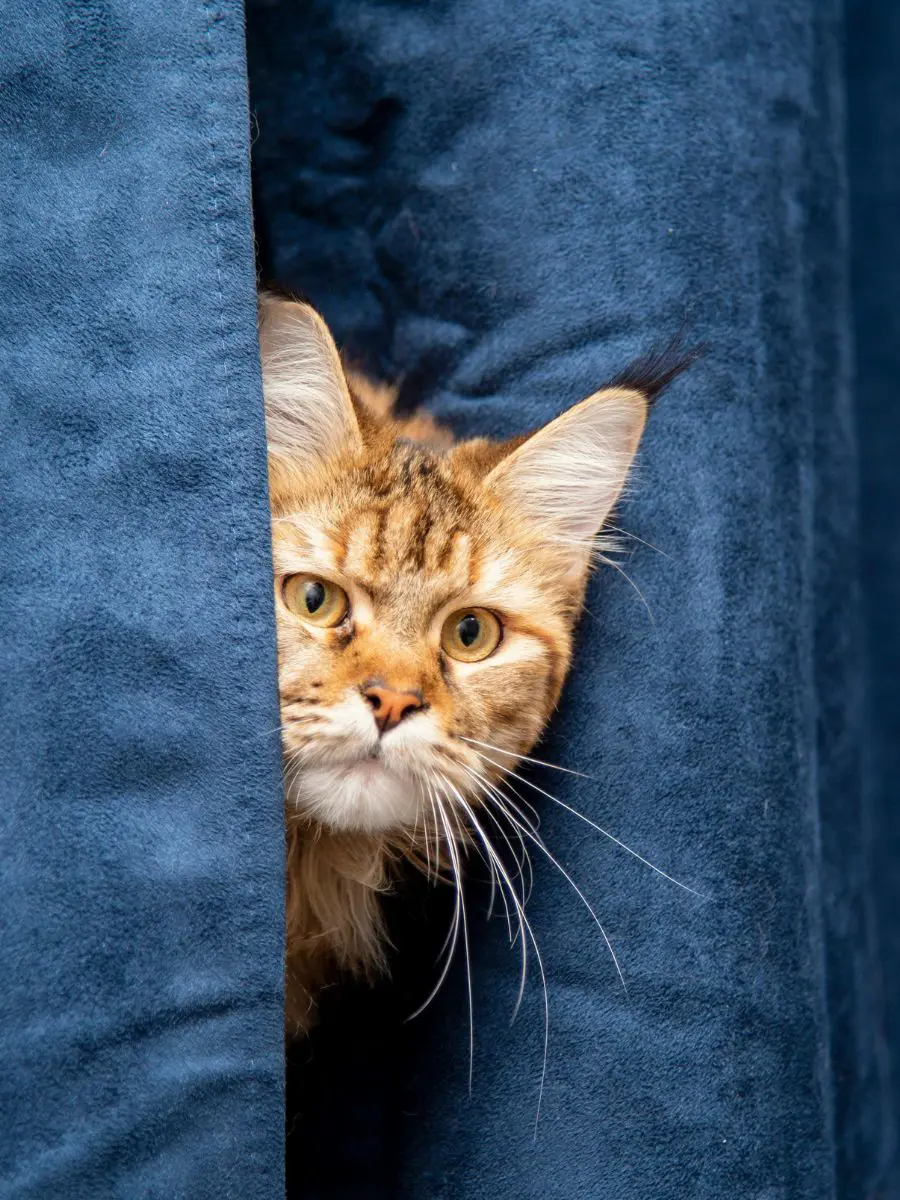
There is no debate that the cat is one of the most interesting creatures in the world, felines are known to be mysterious and self-sustaining. This behavior amazes every pet lover who suddenly hides behind a sofa, a closet, or even under the bed.
Felines may hide out in a quiet place for a variety of reasons, with stress or anxiety being the usual triggering factor. The owner can prevent the cat from hiding by solving the main problems and ensuring the pet's safety and comfort.
Knowing why they do these hiding things and under what circumstances, the pet owner will be better placed to take care of their needs and provisions for more security and comfort for their feline companions.
1. Unfamiliar Environment
Cats might hide for some time upon entering a new environment until they get accustomed to it. Felines do just great with familiar surroundings where they can be completely safe and comfortable.
A change in their environment, such as moving into a new house, undertaking renovation work, or even changing the furniture, can prove too much to bear for them and lead to chronic stress. However, it provides some relative security and a vantage point from which to view this new world.
Functioning instinctually, it withstands the stress of new sounds, odors, and changes in the field of vision by providing a place of refuge inside which one can gradually become familiar with the new situation. It is important to make the transition easy and hassle-free so that a cat feels at home in a new place.
2. Health Issue
Felines will probably hide if they have health issues, if your cat does not feel well due to some disease, injury, or pain, your pet will retreat to a quiet and dark place. This type of hiding behavior becomes very intuitive to them in such situations and may protect them from further stress while trying to cope with their discomfort.
Gastroenteritis, infections, dental disease, or arthritis are common cat health issues that may make them hide. For example, with abdominal pain or nausea, felines would search for some dark, quiet places and lie down, moving less than usual. Similarly, due to dental infection or arthritis, the kitty would retreat to avoid the pains associated with movement or eating.
Owner must be the closest possible monitoring of a feline for signs of an illness, discomfort, changes in behavior or activity, changes in appetite, changes in grooming habits, changes in time spent with the person or other animals, changes in sleep/resting patterns, or any sign of pain including vocalization or even sensitivity to touch.
3. Stress Or Anxiety
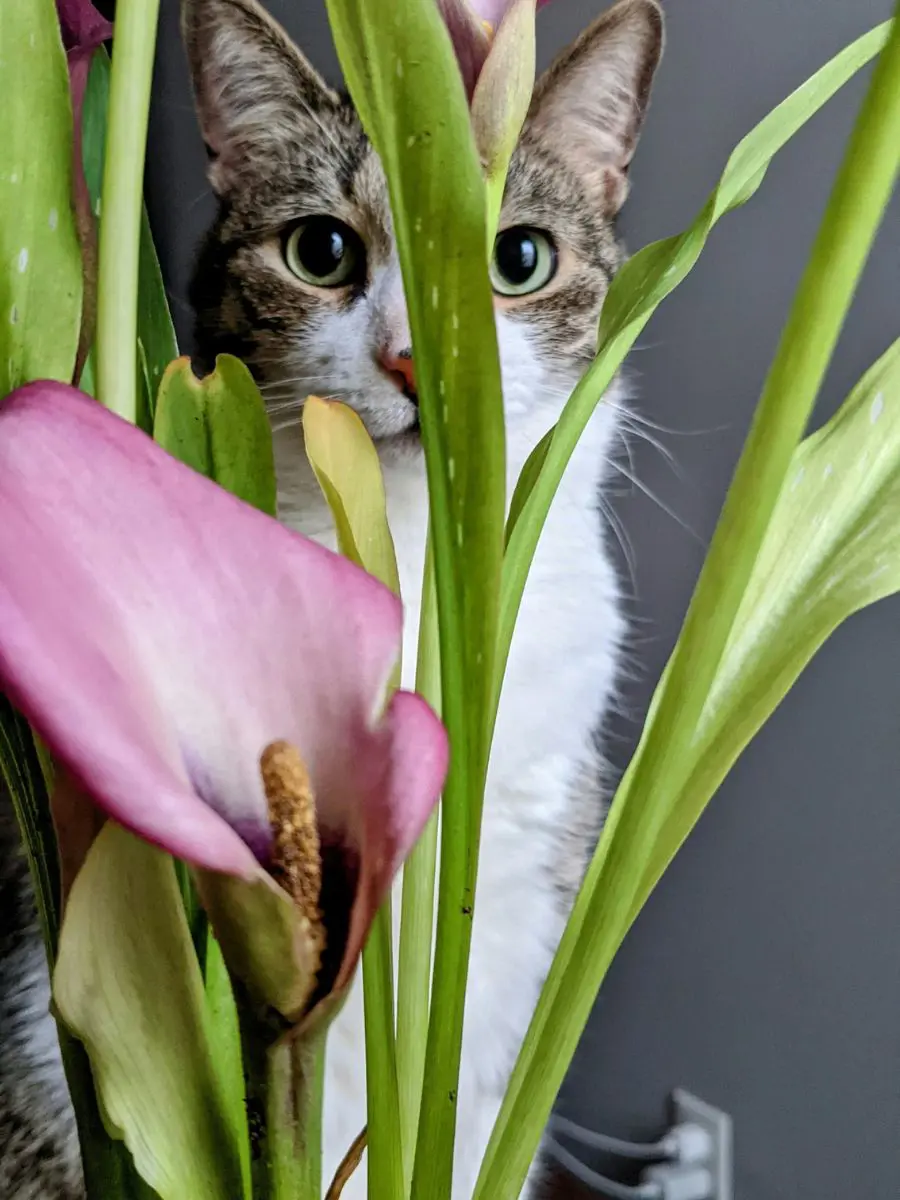
If a cat is stressed or anxious, it hides backing off from whatever is overwhelming it. Felines are very sensitive to change, for even a slight disruption may put them on high alert. These could include loud noises, new visitors, strange animals, or even changes in their routine, among others that might raise a pet's level of stress.
A feline that is stressed or scared will try to find some dark, secluded, and safe spot where it can retreat from whatever irritates it. They try to be safe again and in control of whatever goes on around them.
For example, a cat may be shown to be irritable because of the sudden appearance of a new pet or probably due to some alteration in the house structure, so it moves to a secretive corner or under the furniture to tackle the uneasiness.
4. Fear Of Loud Noises
Noise and sound phobias may be widely evident in cat behavior, the most apparent common behavior is hiding from the source of fear. With their very sensitive hearing, sudden and loud noises can, in fact, be very stressful for them.
Thunderstorms, fireworks, loud music, a vacuum cleaner, and the clattering of household items are very common noise triggers. When this kind of noise is present, the feline instinctively looks for a quiet place where it may feel safe and protected from whatever threatens it.
Helping your feline through loud noise fears is tending to a soothing environment and removing triggers. Make available a quiet, safe space where your cat might go to retreat during loud events.
5. Presence Of Strangers
Your furry friends are suspicious and hence fearful, which shall make them hide at the first sight of strangers. Since cats are territorial, they have developed a response to hide at first sight of a stranger due to probable risk elements to comfort and safety factors.
A normal reaction that felines have when they meet strangers is to flee into a secure place where they can observe what is happening. Such behavior keeps them away from direct interaction with an unknown face or person and reduces the level of stress.
For example, every time a new face comes to their place, the cat is found hiding somewhere in the house, under the bed, inside some closet, etc., to protect them from the new face and hustle-bustle.
6. Changes In Household Dynamics
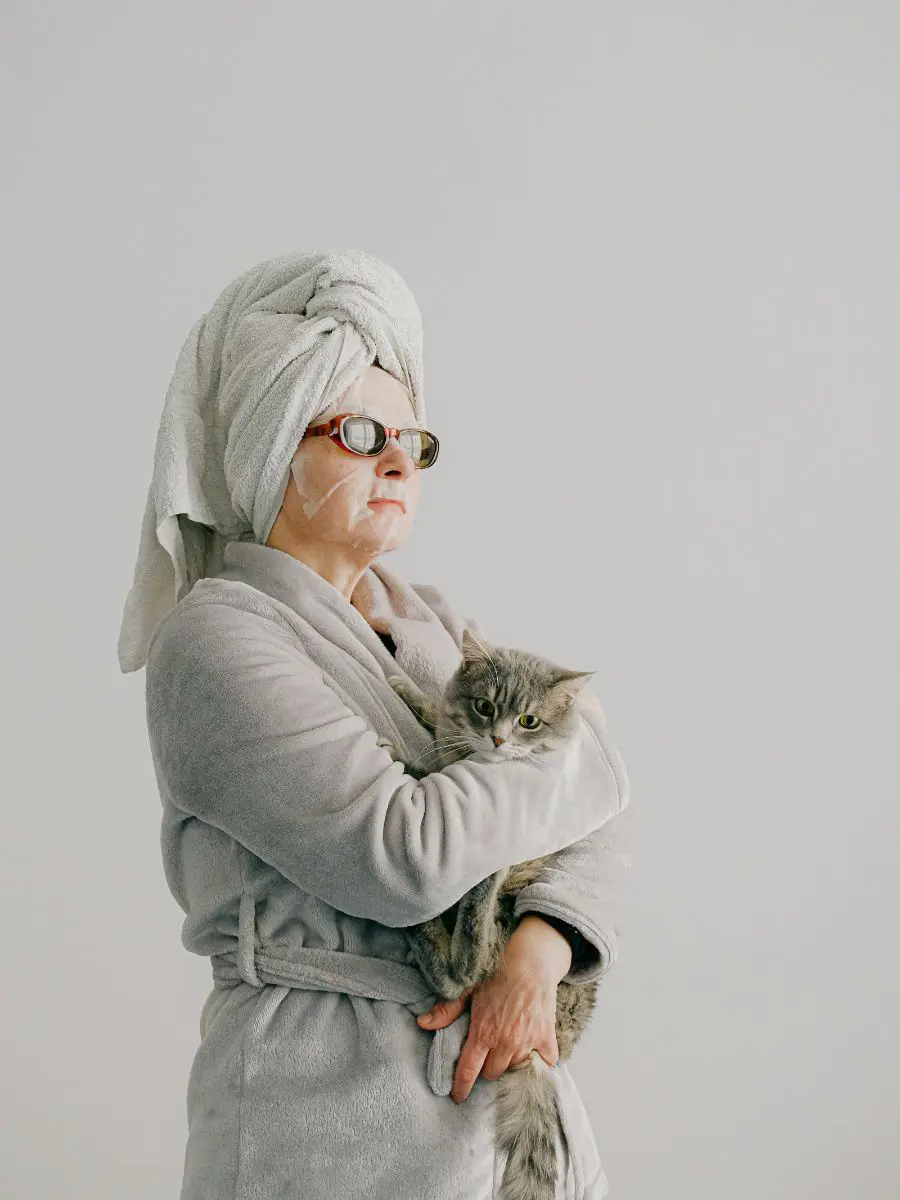
Any disturbance within the house may be very harmful to their sense of security, and they have to hide. In addition, stress and anxiety can make cats hide themselves. However, with any change within their comfort zone, they feel discomfort since they really love routine.
It does this by introducing new voices, smells, and activities that overwhelm them. The tendency then becomes to retreat to a quiet, secluded spot where one feels safe, perhaps to escape from the perceived chaos.
These will dramatically change into a stable environment. If possible, introduce new elements one by one. If a schedule is in place, regular periods for feeding, playing with periods, and quiet periods to rest can be expected by a cat.
7. Introduction Of New Pets
Introducing a new pet to your household can very easily stress an already settled cat, and one of the most common behavioral results of such a stressor in felines during this process of familiarization is hiding. Kits are creatures of habit that favor constancy and familiarity.
According to their thoughts, felines might feel overwhelmed by this sudden change and want to retreat to a really secluded, quiet corner where they would feel safe from this stranger who lurks around them.
For example, the cat will hide in the closet or under the bed to avoid strange movements, smells, and sounds brought about by a new dog's entrance. By introducing the new addition gradually and thoughtfully, you can give your pet space and time to familiarize itself with it. You should first introduce the scent alone and then observe your pet's behavior before exposing them close to each other.
8. Seasonal Changes
The seasons are changing and they really do bring about a change in cat behavior further encouraging them at times to seek shelter due to the change in how they cope with the elements. Felines truly do come to realize that the changing of a season and the environment could, in so many ways, alter how they feel safe.
On a cold day outside, the feline will choose the warm and quiet places in the house and avoid the cold. In reverse, summer heat might drive them to look for cool places that would provide comfort and avoid overheating. It can bring changes in lighting, temperature, and even the presence of allergens at times, which might affect the behavior and comfort levels of a cat.
Managing your cat through seasonal changes should be taken seriously, and a stable and accommodating environment throughout the year should be provided.
9. Hunting Instincts
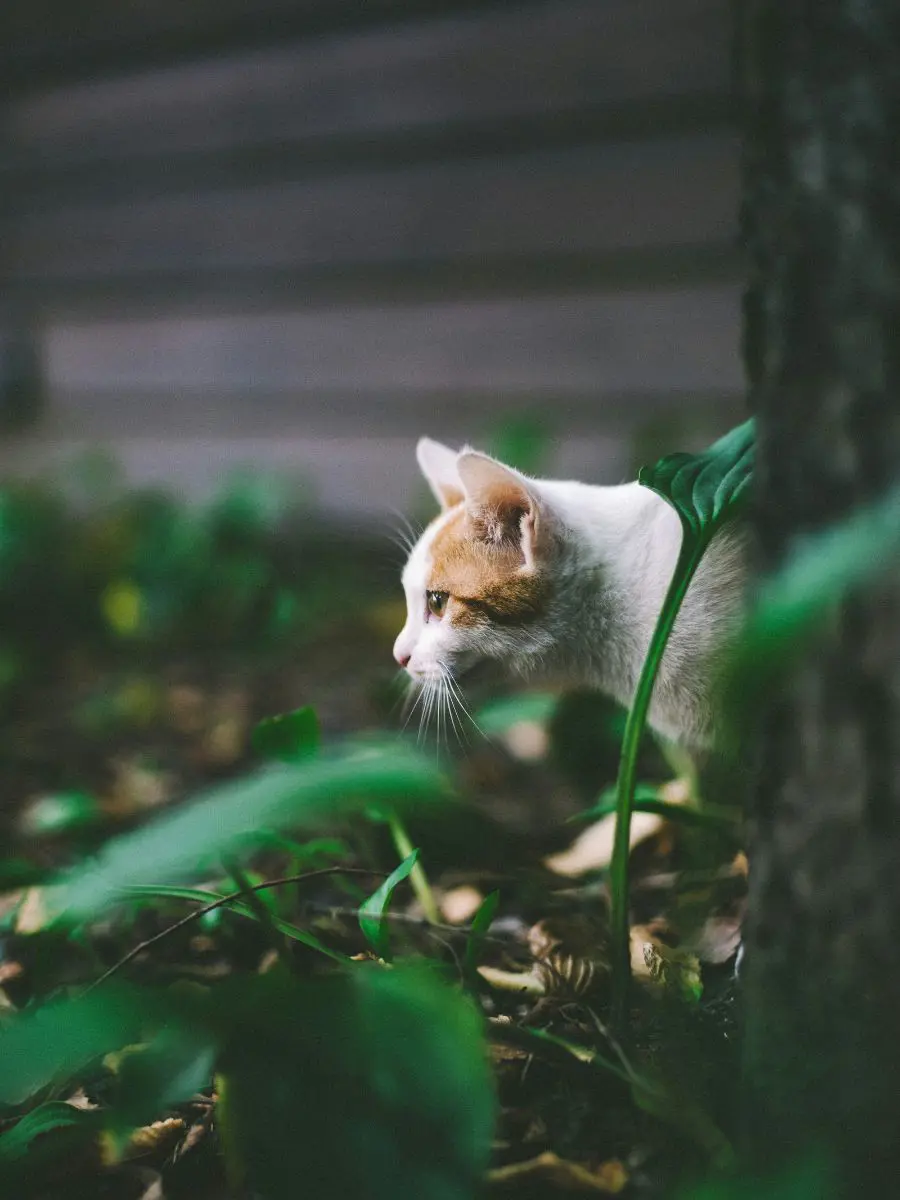
Hiding is very common during a cat's hunting. It is mostly based on hunting instincts that might also govern the possibility of the hide. Kitties are naturally creatures of stalk, pounce, and hunt. Even in domestic situations, these strong predatory drives tend to control their daily activities.
They used to hide somewhere where they were not visible so that they could carefully view the surroundings. That was their way of mimicking the hunt and catch they would have performed in the wild. Because they were hiding, they got ready for their "hunt" for fun and felt safe in their hiding spot.
Enrichment activities that will allow your cat to exercise these instincts can satiate their desire for hunting. This is possible through the use of brain-stimulating interactive toys in search activities provoked with feather wands or laser pointers.
10. Need For Privacy
Whenever cats feel the urge to take time off from the public, they always vanish to find a quiet spot secluded from everyone to spend time with themselves. Very commonly, a kitty would have this inner drive to spend periods in solitude feeling safe and comfortable, unlike dogs, which are outgoing and show the opposite disposition.
This demand for privacy could even extend to when the environment changes due to additional activity at home, the addition of new pets, or even changes in routine. They all hide in closets or under beds during loud activities or when a feline needs to get away from continual engagement.
Providing your cat with quiet spaces to withdraw to and unwind in peace will help you satisfy their demand for seclusion. Make comfortable areas for your pet to hang out alone throughout the house, like covered beds or boxes.
11. Lack Of Socialization
An unsocialized cat grows to be a shy animal, and due to unease or uncertainty about how to approach other people or the surroundings, it may grow to fear approaching. Those felines that are not socialized with a great number of people, other animals, and various events during the formative weeks become timid and afraid in the presence of new circumstances.
Because of their poor socialization during childhood, felines may live a life of hiding in secret whenever they meet new people or strange objects. If new people or pets are introduced to the household, an unsocialized kitten, as a grown pet, will try to hide under furniture or in dark places.
A cat who has not had enough socializing has to be gradually and positively exposed to new experiences in order to benefit from them. Introduce new individuals, creatures, or surroundings first, under supervision and with little force.
12. Age-Related Behavior

While very young and elderly cats may hide due to distinct demands and changes in their health or mental state, age-related behavior can have substantial impacts on a cat's desire to hide.
During the stage of learning to get around and explore the world, hiding can become a normal response for kittens when they are put into unfamiliar surroundings or stimulated with too much to handle. Failing health that comes with age can make a creature more cautious, searching for quiet and comfortable areas to avoid further stress or suffering, such as arthritis, loss of sight, or loss of hearing.
It's critical to design an environment for senior cats that meets their evolving demands.
13. Pregnancy Or Giving Birth
Pregnancy can dramatically alter a cat's behavior, and giving birth may change it even more. Most frequently, this is expressed by the feline hiding or attempting to find some secluded place where it ought to be safe. Queens are searching instinctively for a private and secure place to have the babies and raise them away from danger.
When it's time to deliver, the pregnant feline will naturally seek out a very quiet, private place, probably in your closet or under the furniture, to create a safe and secure nesting area where she can give birth to her kittens in solitude.
She'll appreciate a quiet, comfortable place to give birth and care for her kittens. To make things comfortable, you will need to prepare a quiet place to give birth, undisturbed, with fresh bedding.
14. Injuries
Injuries mostly affect a cat's behavior they often hide to deal with their pain and suffering. If a kitty suffers an injury, it is supposed to find a quiet and protected place where it can recover in peace and safety.
Acts of this nature are more instinctual for them and help them survive at moments when they are most vulnerable. If they were wounded or had a sprained paw, they would hide somewhere in the closet or under the bed to recover without too much movement, as it could exacerbate the injury.
If the cat is hiding due to injury, the owner should monitor the condition of the animal closely and provide treatment as necessary. Litter boxes, food, and water should be within easy reach to minimize movement.
15. Territorial Disputes
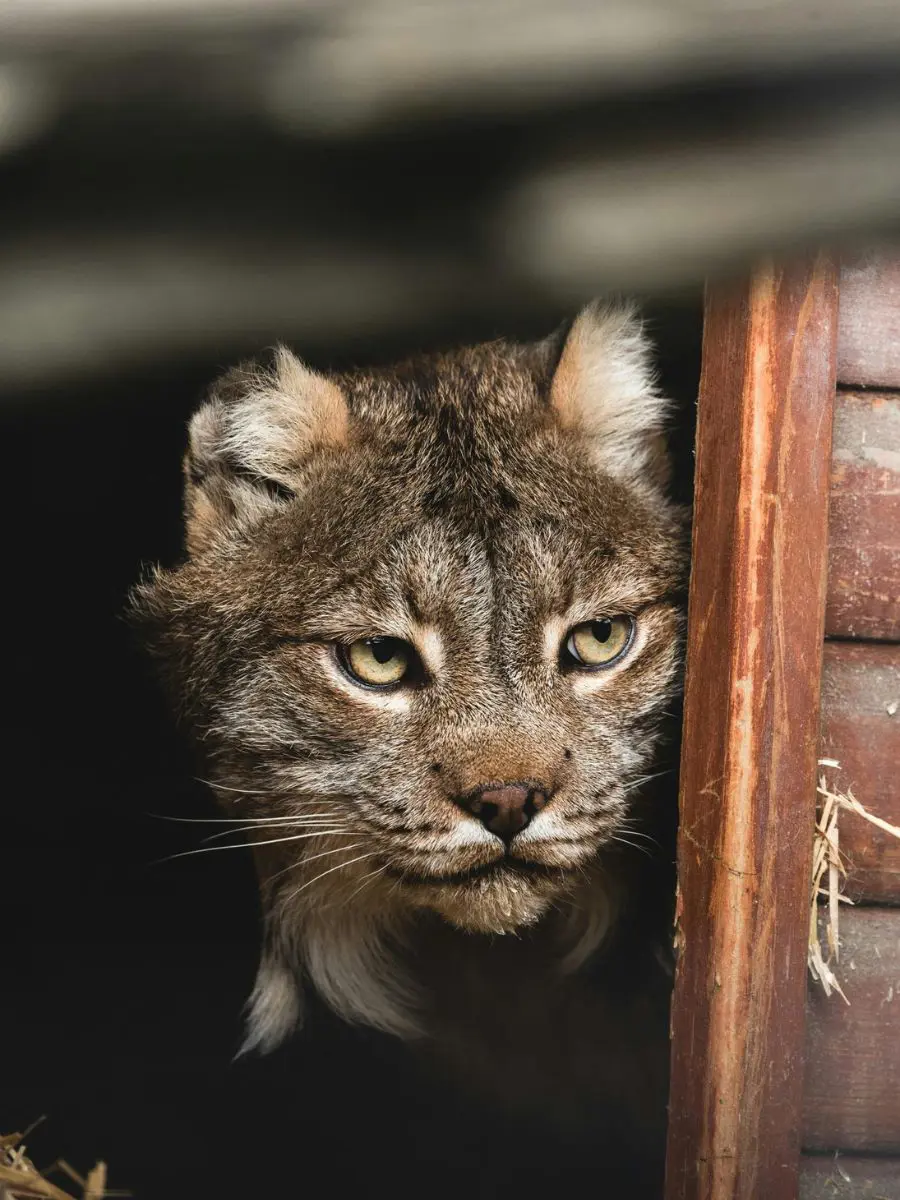
Most cats hide because of territorial fights as they strategize how to deal with other animals in their territory. We need to realize that felines are territorial animals and thus need protection and comfort from defined territories.
It means that if another cat or any other pet has interfered with them, they may retreat to their hidden safe spot in stress and anxiety. Setting clear boundaries in the house and marking an area for each feline or other pets if they are present will wash off potential territorial fights and give your pet a feeling of security.
There will be no competition or fighting over food and water since every feline should have its own food and water bowls, a litter box, and rest areas.
16. Routine Disruptions
Cats' behavioral patterns are easily disturbed and affected. Felines often hide in attempts to adjust themselves to the changed situation around them, being creatures of habit, kitties rely heavily on a stable routine to make them feel safe and comfortable.
Every little change, be it the feeding time, work schedule, or anything else in the house, is an upset for the cat and can potentially cause stress and unease.
For example, if you suddenly adopt a different work schedule and no longer come home at the usual times of the day, your pet may find itself hiding under the bed or in the closet, seeking comfort from the overwhelming emotions of unfamiliarity and chaos associated with the new routine.
17. Separation Anxiety
The cat can hide for several reasons, though separation anxiety is the most common. When left behind by its owner, the feline feels stressed and may also feel quite restless, felines create a very strong bond with human beings.
Some have slight symptoms, while others have a serious condition affecting general health. Felines may experience separation anxiety because they need some sense of stability and security. Any departure from their usual environment might make them feel insecure, so they try to find places to hide where they would be more secure.
If you would like to help your cat with separation anxiety, you need to get it into some sort of routine. There should be a pattern of when you will leave and come back. Gradual desensitization of the cat while you are away works well, too.
18. Attention-Seeking Behavior
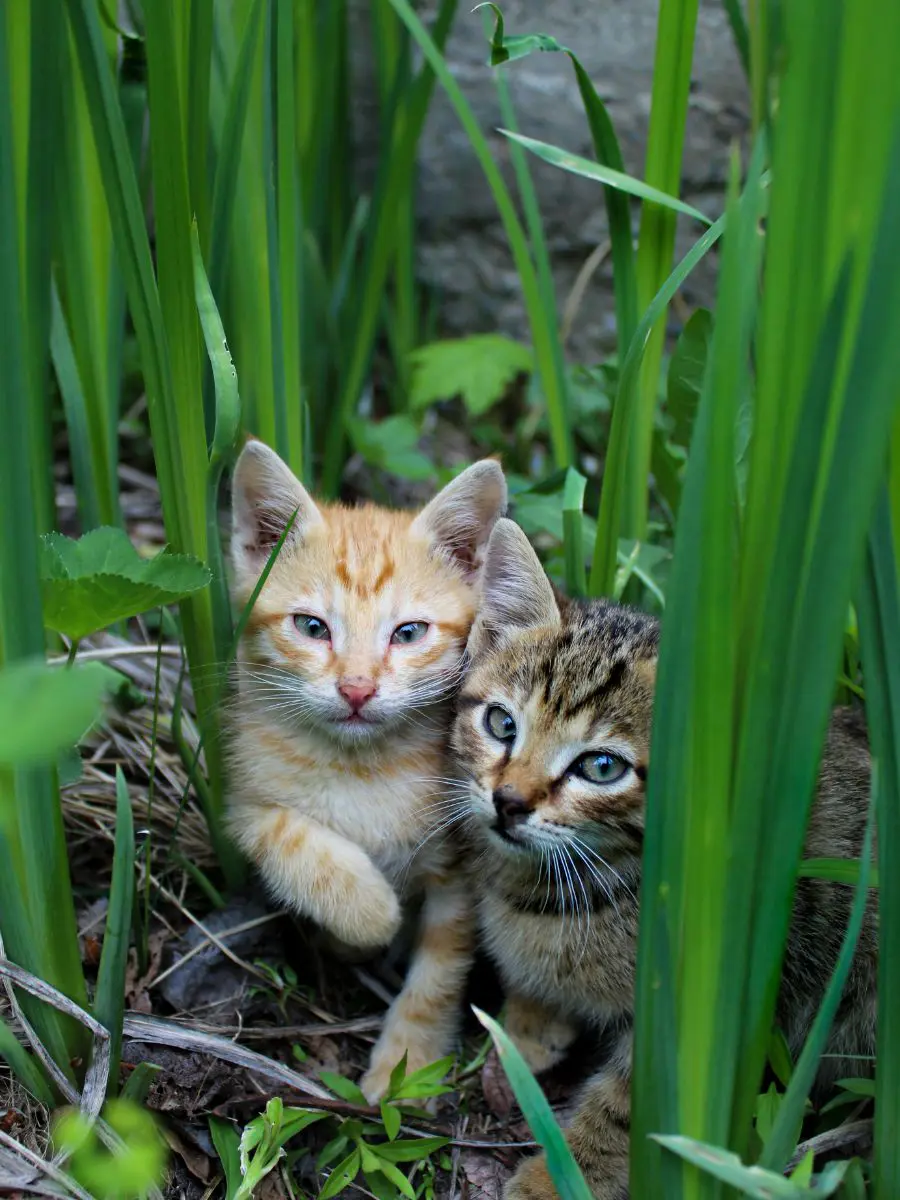
Another reason a cat may hide is that it is searching for attention. The feline probably hides to get the owner's attention so that it can get some response. Similar to many other pets, kitties do need human interaction and activity.
On the other hand, if felines feel abandoned or probably overlooked, they can usually devise some attention-drawing behaviors. One of these is hiding, which capitalizes on their owner's worry and tendency to look for them.
In most cases, their actions are rewarded when an owner showers more love, attention, or even some kind of treat in the case where a feline is in hiding in an effort to coax them out of hiding. Finally, the cat learns that the act of hiding is a rewarding behavior to display in order to obtain some attention.
Should You Be Worried?
It is good to know that your cat's hiding indicates a more serious issue that requires your attention. Hiding now and again is normal, especially with a change or stressor in the picture. However, there are other signs that you need to be more concerned about. If your pet continuously hides and does not even get out to feed or drink, then it might be sick.
If a normally social cat starts to hide frequently and persistently, it may be indicative of an illness or pain that the veterinarian should investigate. Other red flags include inappetence, weight loss, lethargy, or unusual vocalization in association with the hiding behavior. They can always reflect treatable physical diseases, such as infections, injuries, or chronic ailments like arthritis. Hiding, associated with other behavioral changes like aggressiveness and fear, on the other hand, acts as a cue to psychic or emotional disturbances for which the owner seeks medical attention.
Top Lists



